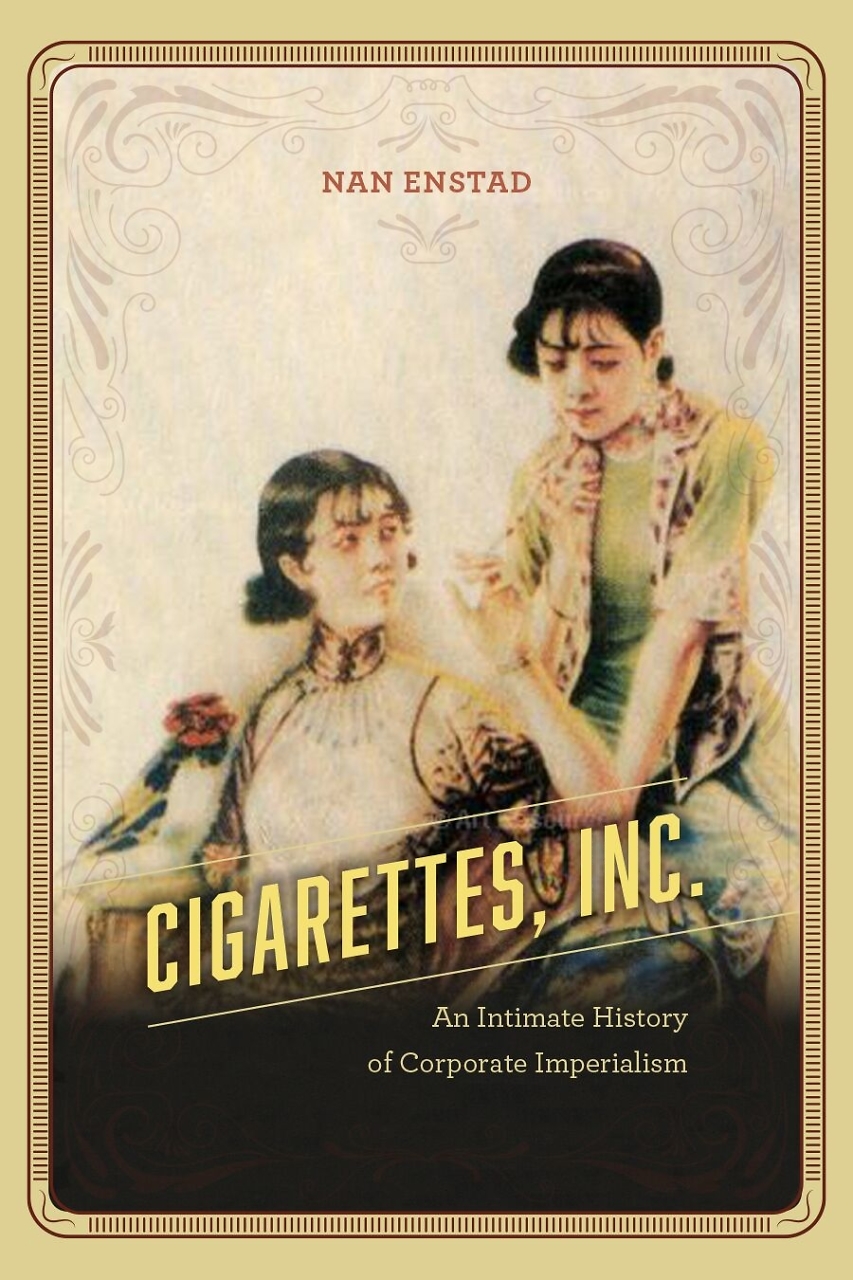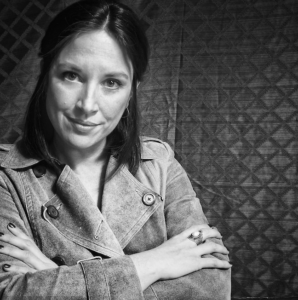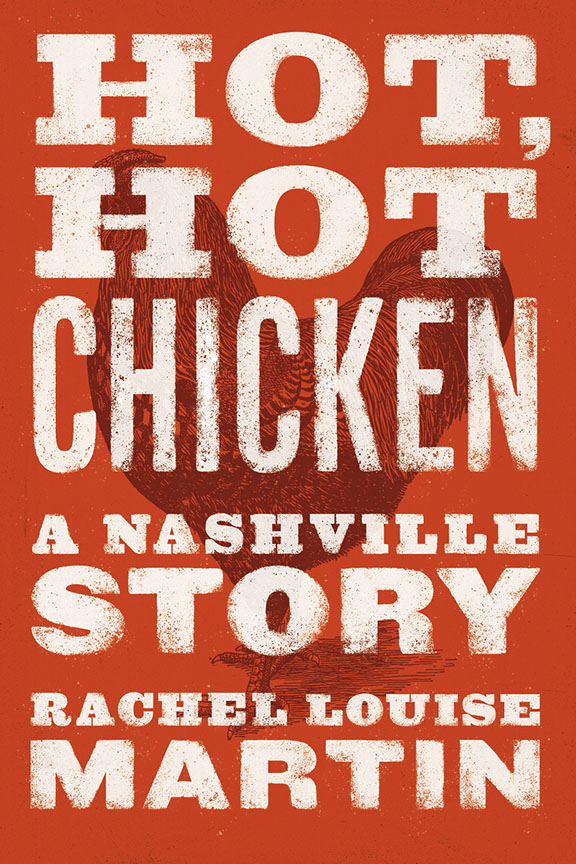Queen of Heartbreak
Jimmy McDonough delivers the first full-scale biography of Tammy Wynette
It’s August 28, 1968, and a young singer is hard at work in a Quonset-hut recording studio near downtown Nashville. She’s had a couple of minor hits, and she is trying to make a name for herself. This night, she is still married to husband number two, but she has recently fallen in love with her soon-to-be third husband, one of country music’s most recognizable male vocalists. Tonight’s session isn’t going well. Her producer suggests they try some different material.
The musicians take a twenty-minute break while the singer and her producer search for a worthy song. They find it rather quickly, make a few adjustments to the lyrics, and head back into the studio. The session picks up. The song is good. In fact, it will eventually reach number one on the charts. It will stir debate in beauty parlors and lecture halls alike. It will become a mainstay in both honky-tonks and drag clubs. In thirty years, the song will be featured in the fallout of a national political scandal. But that’s the future. Tonight it’s just a song. Back at the studio, the singer’s husband arrives to serve her with divorce papers. The security guard will not let him in, and the divorce papers will have to wait for another day. Tonight, the singer is busy. Tonight, Tammy Wynette is recording “Stand By Your Man.”
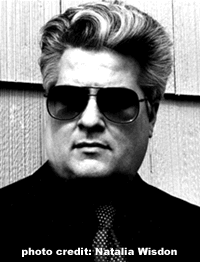 Tammy Wynette: Tragic Country Queen, is the first full-scale biography of the “First Lady of Country Music.” A paradoxical public figure, complex in every way, Wynette’s life mirrored her art—dramatic, spectacular, absurd, and tragic. Jimmy McDonough, bestselling author of Shakey: Neil Young’s Biography, takes the reader as far into Wynette’s world as we can possibly go: from her restless childhood in Mississippi, through her tumultuous years with George Jones, to the botched—and some say, faked—kidnapping in 1978, and finally to her tragic and mysterious final days. McDonough recently discussed the book with Chapter 16 in advance of his appearances at Davis-Kidd Books in Nashville and Memphis.
Tammy Wynette: Tragic Country Queen, is the first full-scale biography of the “First Lady of Country Music.” A paradoxical public figure, complex in every way, Wynette’s life mirrored her art—dramatic, spectacular, absurd, and tragic. Jimmy McDonough, bestselling author of Shakey: Neil Young’s Biography, takes the reader as far into Wynette’s world as we can possibly go: from her restless childhood in Mississippi, through her tumultuous years with George Jones, to the botched—and some say, faked—kidnapping in 1978, and finally to her tragic and mysterious final days. McDonough recently discussed the book with Chapter 16 in advance of his appearances at Davis-Kidd Books in Nashville and Memphis.
Chapter 16: Tammy Wynette was certainly a paradox—at times diminutive, even wilting, and at times fiercely independent. Her actions often contradicted her public opinions. Her public opinions often contradicted her statements in song. And one can’t escape the fact that many of her songs were written by men whose opinions were their own. How do you reconcile the singer, the woman, and the celebrity? Where do we find the real Tammy?
McDonough: I don’t reconcile them. Like most of the people I write about—like most people, period—Tammy had many layers to her. She can’t be neatly tied up with a bow, explained away in a sentence. It’s part of her greatness. But I’d say to find the “real” Tammy, look no farther than her music. However reticent or hidden she might’ve been as a person, she lays it on the line in song. I can only hope that in some small way I have enhanced the pleasure of listening to her. However great I thought Tammy was before I started the book, you can increase that tenfold now. I have nothing but admiration for her.
Chapter 16: Wynette, for better or worse, will forever be associated with “Stand By Your Man.” And as you say in the book, the song’s meaning is just vague enough to be controversial, providing an anthem for some and a target of scorn for others. How did Wynette view the the song?
McDonough: “Just a pretty love song” is how she often described it. Tammy didn’t understand what all the fuss was about. But she was canny enough to appreciate that fuss and what it did for her career.
Chapter 16: As a biographer, you’ve said that sifting through the arcane details of a person’s life, trying to make the puzzle pieces fit together, can be torturous. I imagine this to be exponentially true of writing the biography of Tammy Wynette. You interviewed scores of people for the book, and every person you spoke with gave a different view of Wynette’s story. Sometimes these views differ wildly. How do you separate the truth from the way people remember a situation, or the way they want to remember it?
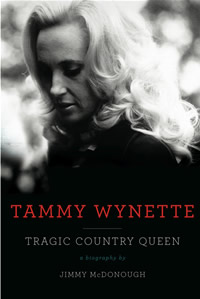 McDonough: Truth is in the eye of the beholder. What I try to do is create a feeling of the person. The reader can sort out their reactions to it all. I’d rather readers feel like they’re sharing a hotdog with Tammy at a state fair instead of, say, sitting on some sort of jury judging her life, which can happen in a biography. Now, there’s nothing wrong with that; it’s just not my style.
McDonough: Truth is in the eye of the beholder. What I try to do is create a feeling of the person. The reader can sort out their reactions to it all. I’d rather readers feel like they’re sharing a hotdog with Tammy at a state fair instead of, say, sitting on some sort of jury judging her life, which can happen in a biography. Now, there’s nothing wrong with that; it’s just not my style.
Chapter 16: George Richey, Tammy’s fifth husband and manager, is one of the more polarizing figures in Tammy’s story. Some say he had her best interests at heart, and some depict him as a dark, controlling figure. He declined all your interview requests. Have you heard anything from the Richey camp since the book was published?
McDonough: Not a peep. But I have hired a food taster and someone to start my car.
Chapter 16: Toward the end of her career, Wynette wasn’t getting consistent creative support from her record label. Why was that? How would you have produced a record with Tammy?
McDonough: Tammy made some missteps in her career (like allowing her husband to produce her), and they resulted in poorly selling records. Once an artist stops selling records it is often hard for the powers that be to reconsider her talent. And I believe being female has something to do with it. I think Tammy was taken for granted in a way that, say, George Jones never was. She got off to a great new start with her 1987 Higher Ground album, but nothing that followed was nearly as good. And although she enjoyed a monster off-the-wall hit joining KLF on their 1991 “Justified & Ancient” single, the Nashville potentates were clueless in capitalizing on it.
Chapter 16: Periodically throughout the book, you include brief, conversational letters you’ve written to Tammy. You ask questions to which, in Tammy’s absence, there are no answers, but the questions offer some insight into the biographer’s struggle: what do I know for sure, and what questions remain? And there is much about Wynette’s life that we’ll never know. If she were sitting next to you, what would you ask her?
McDonough: I’d take her out to eat. (Does Cracker Barrel have a private booth?) Then I’d ask her if she’d read the book. And then I’d duck. After she gave me hell for an hour or two (and we’d ordered a plethora of sides), I’d ask her to fill me in on the juicy details I missed. Knowing Tammy, she’d spill. Although there might be a tall tale or two.
Jimmy McDonough will discuss Tammy Wynette at Davis-Kidd Booksellers in Nashville on March 9 at 7 p.m., and at Davis-Kidd Booksellers in Memphis on March 10 at 6 p.m.

